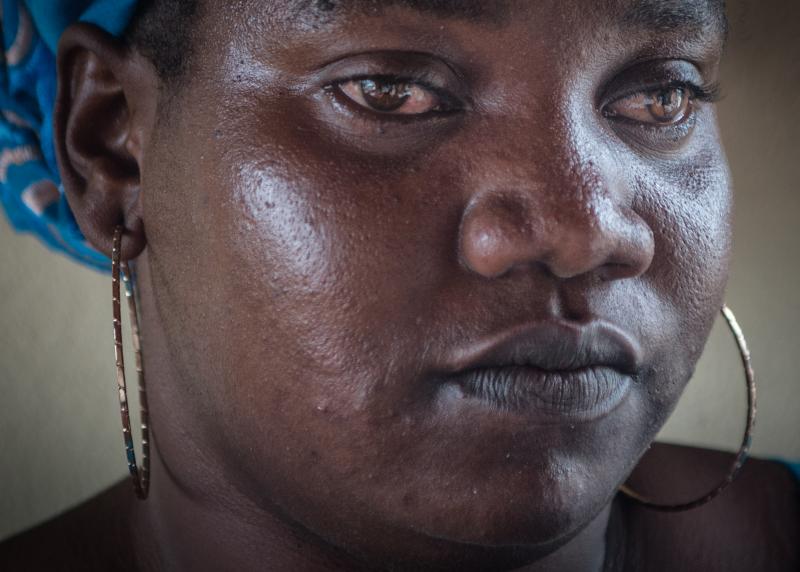
Pedelers Salee Craig used to grow vegetables. Near his home in Monrovia, Liberia, he planted peppers and bitter balls, potatoes and okra. A study 39 year-old man with cheeks etched from former smiles, Craig is passionate and generally optimistic.
But he s not smiling when he talks about the situation in Liberia now. Typically, farmers work to gather crops communally, harvesting together until the season is over. But in 2014, the Ebola crisis restricted travel.
Everyone was afraid of each other, Craig said. Mandatory government quarantines trapped people within their homes. As the disease spread, fields went unharvested and soon lay fallow.
I arrived in Liberia this fall with a travel grant from Cornell Alliance for Science to investigate how the region was recovering, and learned that while there were no current cases of Ebola, farmers continued to be affected by the epidemic. Food insecurity reached a third of the population.
Going forward, it s clear that health is inextricably linked to poverty, personal and institutional, and Ebola will continue to be a threat until its causes are addressed. Liberia has become a grim case study on international aid: Will we learn before the next epidemic begins?
You can look for the full article in the August issue of the Atlantic Monthly.
Lois Parshley is a freelance journalist and photographer. Follow her on Twitter and Instagram @loisparshley.
